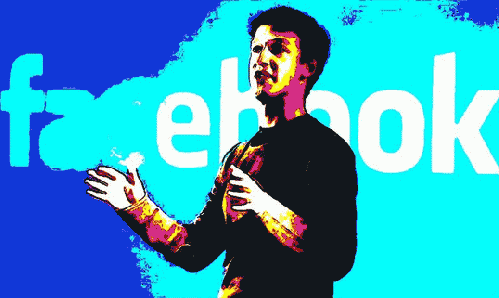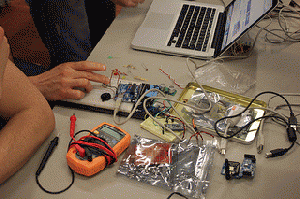
 SHARE |
|
Tom Mahon has written about technology for 40 years as publicist, journalist, novelist, dramatist, and activist. Since the early 1990s, he has spoken and written widely on the need to reconnect technical capability with social responsibility. Speaking venues have included MIT, the Embedded Systems Conference, the International Solid State Circuits Conference, the United Religions Initiative, the San Francisco Fringe Festival, assemblies sponsored by the U.S. State Department, as well as to local congregations, senior centers and middle school students. His writings have been published in The Wall Street Journal, Electronic Engineering Times, National Catholic Reporter and Business 2.0. In addition, the work has been covered in The New York Times, The International Herald-Tribune, CNN, CNET, Business Week and The San Jose Mercury, among others. Mahon is the author of The Fandango Involvement (Fawcett, 1981), the first novel set in Silicon Valley; and Charged Bodies: People, Power and Paradox in Silicon Valley (New American Library/Mentor, 1985). He has also written and performed two one-man plays about man's mixed history with his tools: At Home in the Universe, and Are We Having Fun Yet! Information on his recent e-book, Reconnecting.Calm: Finding common ground for science, technology and wisdom, is available at reconnectingcalm.com. See also Facebook/Occupy Technology: www.facebook.com/OccupyTechnology. Mahon holds an MBA in International Business and has had his own public relations consultancy since 1984 representing firms in electronic and genetic engineering. He lives in the San Francisco Bay Area,
OpEd News Member for 595 week(s) and 6 day(s)
5 Articles, 0 Quick Links, 4 Comments, 0 Diaries, 0 Polls
List By Popularity
Whose vision will prevail post-plague, President Trump or Pope Francis? An appeal, from a long-lapsed Catholic to the Pope, to expand his new encyclical Fratelli Tutti, and use the Church's wealth and influence to become a leader in the fight against catastrophic climate change.
Pursuing sanity in a digital tsunami: be calm; be kind Pursuing sanity in a digital tsunami: be calm; be kind What if every user manual began with the directions, Be calm; Be kind... Remarks at 12th Rhodes Conference: 'Dialogue of Civilizations' (wpfdc.org)

The New Feudalism and the Common Good The mutual interests of Wall Street and Silicon Valley are creating an economy requiring a few highly-skilled 'knowledge workers' to write the algorithms for 'smart machines' that replace much human labor. And so the middle class -- essential for a just and civil society -- is dying before our eyes.

The coming Internet of Things (IoT) The Federal Trade Commission is open to Public Comment on Internet Surveillance and Privacy until Jan 10.
Is It Time to Rethink the Digital Revolution? Moore's Law of accelerating computing capability doesn't take Murphy's Law into account. The May 2010 "flash crash," and the many, less publicized ones that followed, reveal that as systems complexify beyond our management, they require even more sophisticated systems to manage them. And each new layer of complexity brings a new level of fragility. How do we find a middle path between Moore's Law and Murphy's Law?

